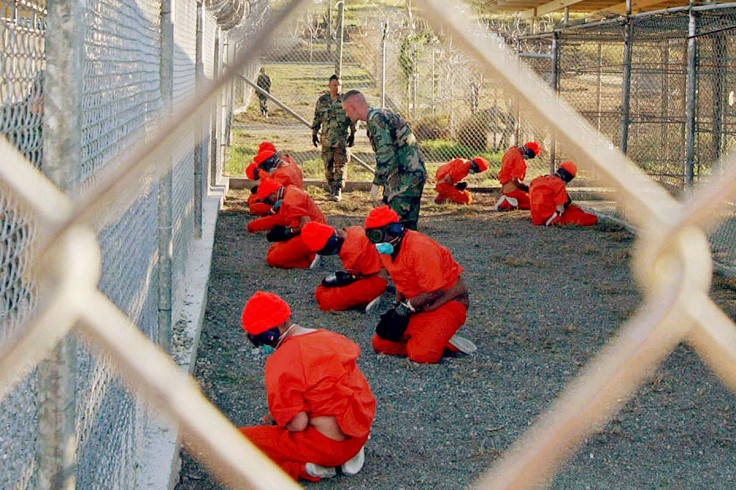Bowe Bergdahl: Will Obama Close Guantanamo Bay After Taliban Swap?

With the release of five alleged members of the Taliban from Guantanamo Bay in a prisoner swap for the American hostage Sgt. Bowe Bergdahl in Afghanistan, President Barack Obama has come closer than ever to fulfill his long-unfulfilled promise to shut down the US-run prison on Cuban soil.
As a candidate for the presidential elections in 2008, Obama had pledged to close the facility within his first 100 days in office. He then backed down and delayed the process several times. In his 2014 State of the Union address, Obama promised the closure by the end of the year.
The latest release is undoubtedly the president's most assertive move since US embassy bombings suspect Ahmed Ghailani was transferred to New York City on 9 June 2009. Not only did Obama not receive assurances that the Taliban will resume anti-American insurgency, but he also defied the Congress, ignoring a 30-day notice rule required by law to okay the transfer to Qatar of the inmates.
The swift operation was defended by secretary of defence Chuck Hagel who claimed that US officials believed Bergdahl's life was in danger and they had to act quickly to get him out of Afghanistan. He said that Article II of the Constitution gave Obama as commander-in-chief, power to approve a prisoner swap without consulting Congress.
"It was our judgment that if we could find an opening, and move very quickly with that opening, that we needed to get him out of there, essentially to save his life," Hagel said, according to the AP. Former secretary of state and possible candidate for the 2016 presidential elections Hillary Clinton also spoke out in support of Obama's decision.
However, the move was harshly criticised by Republicans on Capitol Hill, who worry that Obama might pursue a shutdown of Guantanamo and release scores of prisoners without telling Congress. Obama's decision was also compounded by the mysterious circumstances surrounding Bergdahl's disappearance, with eyewitness reports that the army soldier may have voluntarily walked away from his base unarmed in 2009.
In a joint statement, California Rep. Howard McKeon, chairman of the House Armed Services Committee and Oklahoma Senator James Inhofe said the prisoner swap may encourage "our terrorist adversaries...to capture Americans".
"Our joy at Sergeant Bergdahl's release is tempered by the fact that President Obama chose to ignore the law, not to mention sound policy, to achieve it," the lawmakers said, adding that in executing the transfer the president "clearly violated laws which require him to notify Congress thirty days before any transfer of terrorists from Guantanamo Bay and to explain how the threat posed by such terrorists has been substantially mitigated".
It is true, however, that Bergdahl's case is unique. Obama himself highlighted this when he said his administration seized the window of opportunity to free Bergdahl, adding that it had consulted with Congress about the possibility of a prisoner exchange "for some time".
White House chief of staff Denis McDonough also confirmed that members of the congress were consulted about the potential transfer of five Guantanamo detainees for years. "This should not have been a surprise to any of the members of the Congress who have been...commenting about it," he told a Centre of Strategic and International Studies conference.
After the release of the five Taliban members, there are 149 detainees remaining at Guantanamo Bay. About 614 of them since it opened in 2002 have been sent home or resettled in third countries by the George W. Bush and Obama administrations, according to figures published by the Office of the Director of National Intelligence and required by Congress.
It has been calculated that 104 of those (16.9%) have returned to terrorist activity of some kind. An additional 74 former detainees (12.1%) are suspected of engaging in terrorist activities after their release.
© Copyright IBTimes 2024. All rights reserved.






